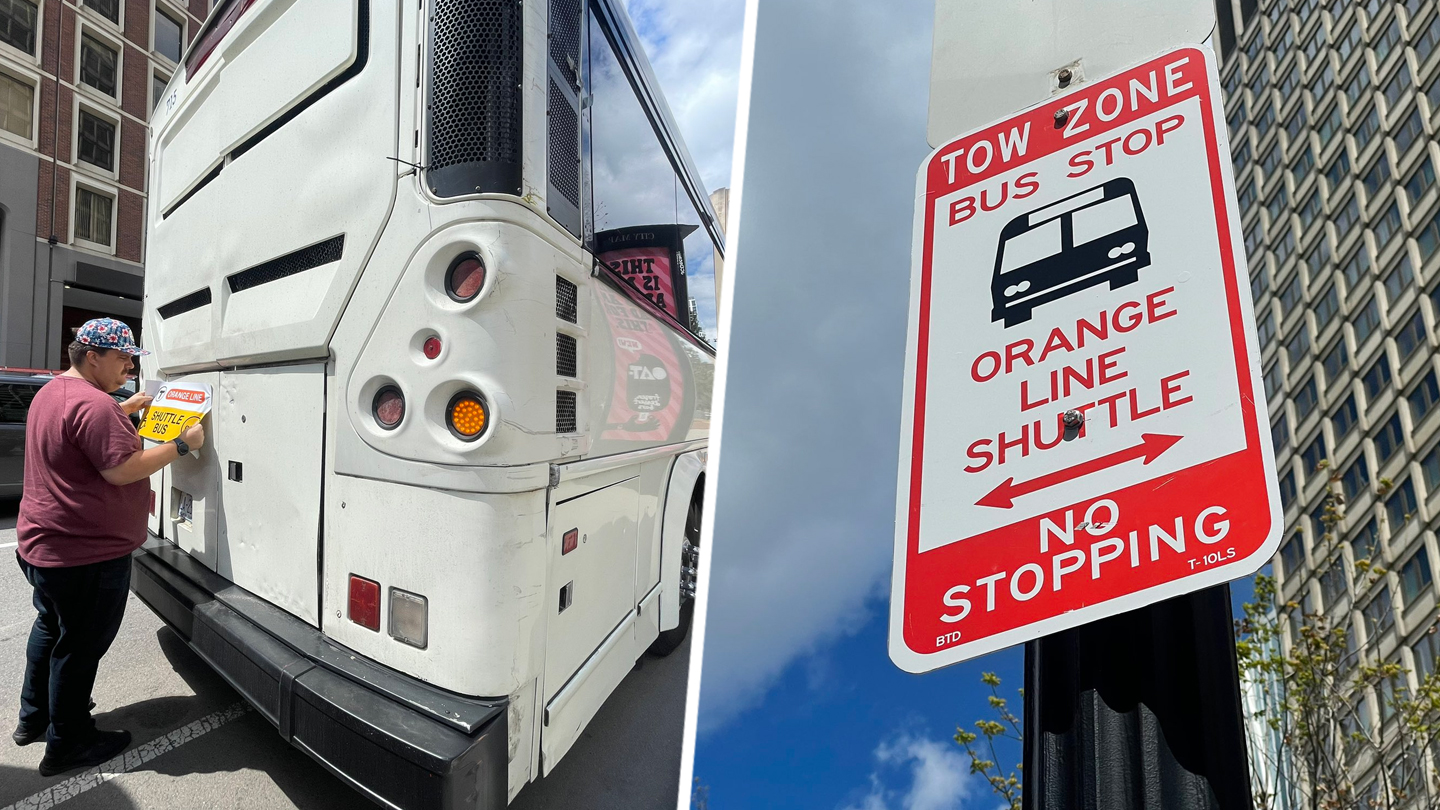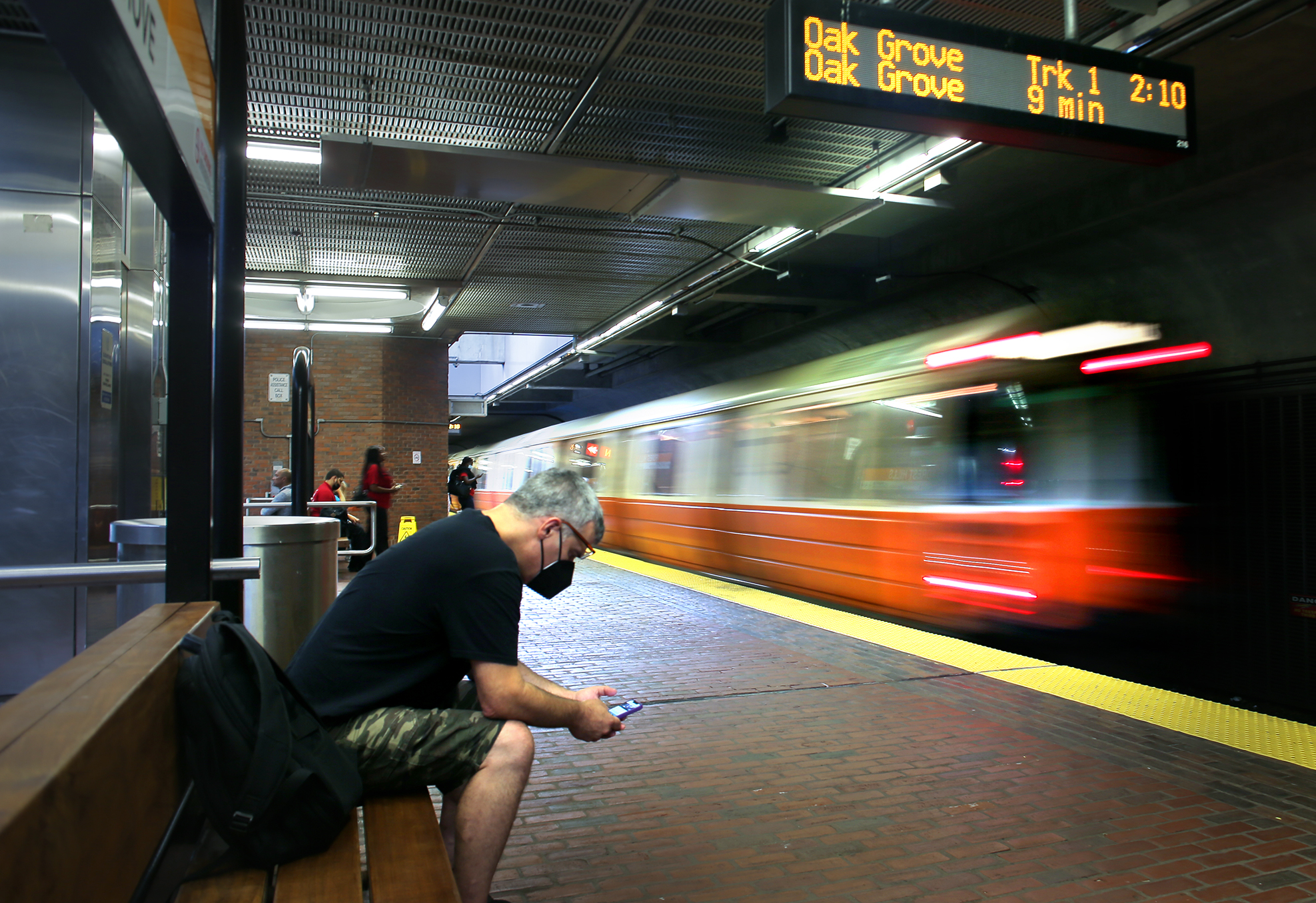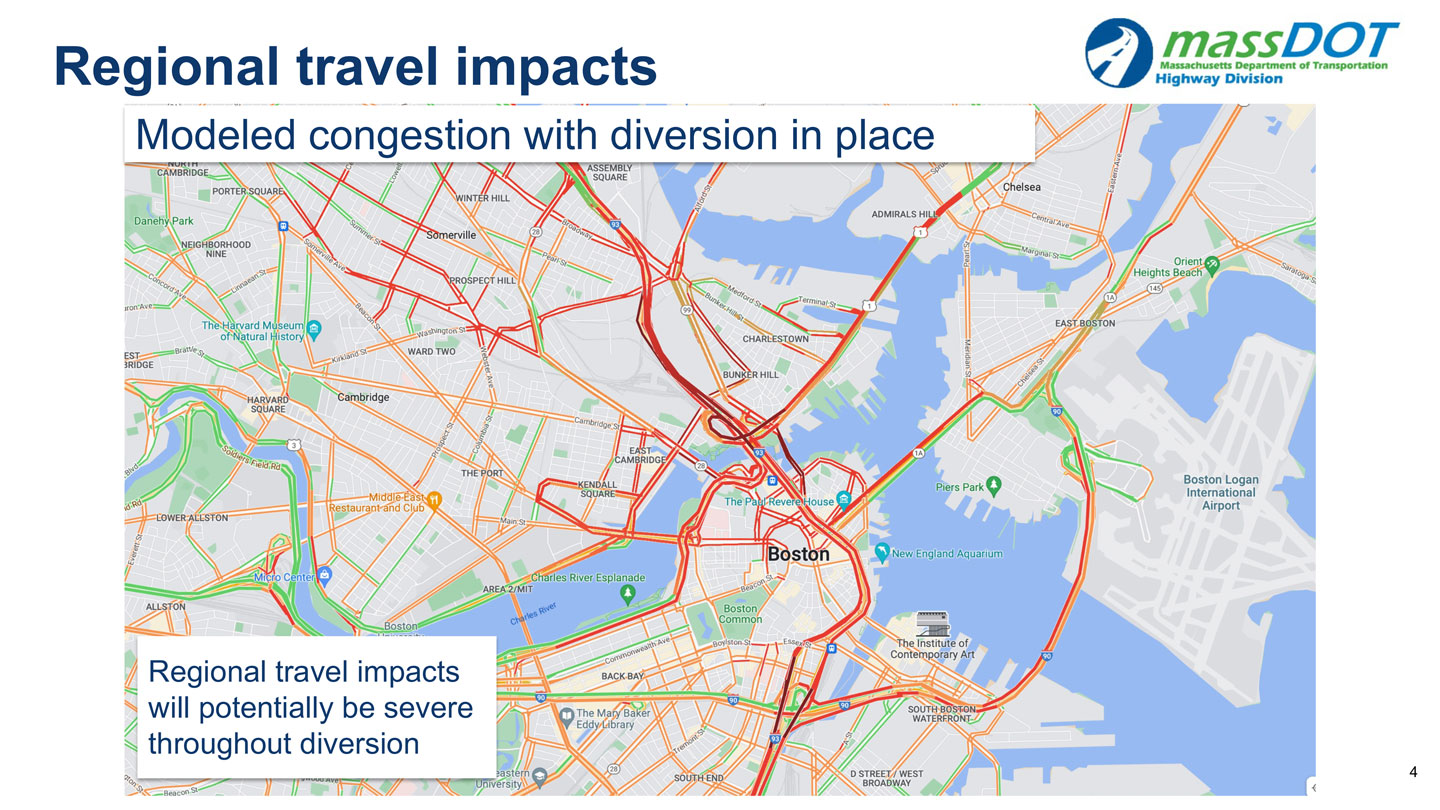In communities up and down the Orange Line, emergency crews are preparing for the challenges increased traffic may bring starting Friday night.
"We have some initial expectations that it will take us longer to complete an average call," said Domenic Corey, operations manager for Brewster Ambulance.
Brewster dispatches dozens of ambulances from its facility not far from the Forest Hills T stop.
"Transporting lights and sirens into the city we do get the benefit to bypass traffic a little bit and get that transport done in a reasonable amount of time, however, traveling back after a call, our crews are not using lights and sirens to get back to their primary service area, so those delays are delays in an ambulance getting back to be available," Corey said.
Get Boston local news, weather forecasts, lifestyle and entertainment stories to your inbox. Sign up for NBC Boston’s newsletters.

Emergency crews from up and down the Orange Line met with MBTA officials Wednesday to cover what will happen during the shutdown, how to handle any potential emergencies at closed T stations, and how best to deploy police details to help handle increased traffic from commuters and shuttle buses.
Firefighters are also being reminded there will be more bikers and pedestrians out.
In Boston, city officials say emergency crews will be using shuttle bus lanes to bypass traffic.
"Every bus lane, every place that says bus only, is also an emergency vehicle lane so this is part of our goal in creating all of these bus lanes," said Jascha Franklin-Hodge, the chief of streets for Boston.
For Brewster Ambulance, the problem is two-fold. Not only is there a worry about response times, but also many of their employees rely on public transportation to get to work.
"We are having to have conversations with our employees here about navigating different schedules for them that can navigate to accomodate what travel options they have to get to work in the first place," Corey said.
Get updates on what's happening in Boston to your inbox. Sign up for our News Headlines newsletter.
After all the planning, emergency crews are ready to adapt, in a world where seconds matter.
"It is something that we have to take day by day," Corey said. "In the emergency world we are used to rolling with the punches, so this is another punch we are going to roll with for the next four or five weeks to make sure we provide a great service."




